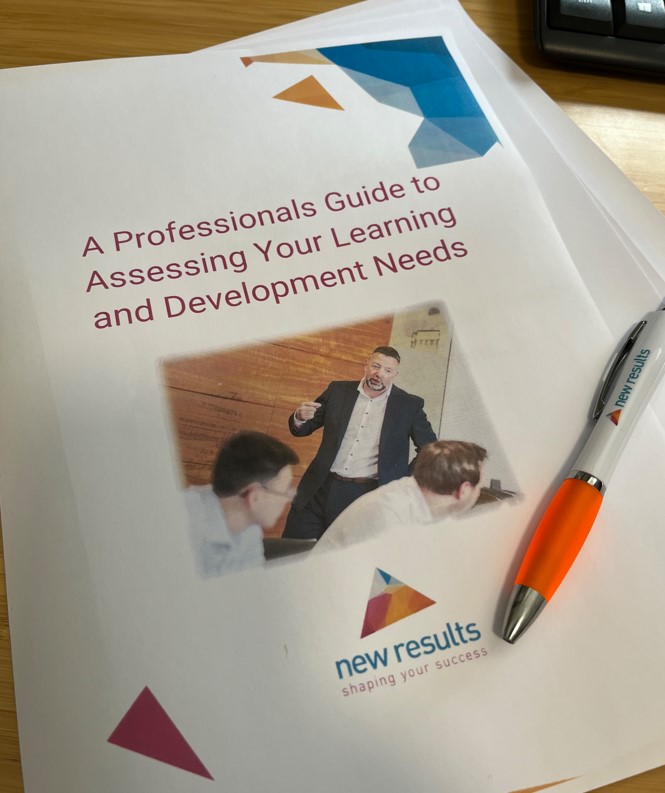Positive Coping During Tough Times – Identifying Your Triggers
Aka Sweating Sprouts Not Cabbages
In these two articles, Dave Algeo explores stress, burnout, positive coping strategies and how to get more from life and work.
It felt like a clamp gradually tightening around my neck and shoulder. I sat frozen in front of my computer, not taking anything in. My head spun and my eyes were glazed.
There it was. That old familiar feeling of anxiousness that gripped me more often these days. What triggered it each time, seemed increasingly trivial: a change of timing for a meeting, a request for some dates for a social get-together, or a realisation that I had let the lawn grow just too long to be cut easily.
Trivial, and yet crippling. What was wrong with me? I went to bed drained, slept fitfully, if at all, and woke exhausted. I dragged myself through each day, like wading through thick treacle whilst carrying a sackful of potatoes.
‘You ok mate?’ The question broke my fugue, bringing me back.
‘Oh, yeah mate, I’m good. Just zoned out there for a minute.’
‘You look like crap mate,’ came Geoff’s concerned reply.
‘Ah man, I’m fine. Just didn’t sleep well last night mate. You know.’ I shrugged. I could do without having to face an interrogation as well as everything else.
‘Well take it easy man.’ Want a cuppa?’ And with that, I was off the hook.
Again.
Looking back, I now realise I was fast approaching burnout. Something I had no clue about at the time.
I simply felt I needed to shake it off, pull myself together, get over myself and get on with it.
I failed to realise how wrong I was, and how much impact these feelings would have on me.
Within a week, I was floored with a viral rash that covered my body, and energy levels through the floor. I wasn’t able to do anything.
It took me several months to recover a good portion of my previous energy levels. Decades on, I still have to monitor my own energy levels much more carefully and regularly.
That personal experience, along with my years as a police officer led me on a fascinating development journey looking into and understanding how people cope.
Stress is a fact of life. If you are alive then you are in a state of stress. The question is how much stress you have and for how long? What is it that leads to burnout and how can we spot the signs and learn to avoid it? More than that, how can we learn to really thrive rather than just survive? When we learn to leverage stress rather than find ourselves crushed by it, we unlock a deep learning for ourselves.
Cabbages and sprouts
To answer these questions, I need to introduce you to the cabbages and sprouts.
I remember as I read about stress, an image from my childhood came to mind.
Reading about the cumulative effect of the demands of life and work, I thought of the game Cabbages and Kings from children’s programme Crackerjack.
In that game, a number of children would line up to compete for prizes. Every question answered correctly, the child would receive a toy and be expected to hold it. Every incorrect question they would receive a cabbage and be expected to hold that too. Three cabbages and you were out. As the contest progressed, contestants would be eliminated until left with one child desperately holding onto the toys and the cabbages and hoping not to drop them.
Picture that image, if you will. Because that’s us. You and me. We are all holding onto some toys, which represent the positive demands of your life – time with family, friends, exercise, fulfilment in your work. They take effort but we view them as rewarding.
The trouble is we also carry a load of cabbages don’t we? The cabbages represent the negative demands placed on you, or those demands you take on in order to enjoy the positives (studying for a qualification for example). Examples include, work, workload, deadlines, family commitments, financial commitments, caring for a relative and so on. They also include the pressures we can so often add in our own minds too. Like guilt, worry, ‘should thinking,’ perfectionism and so on.
As I developed this image in my mind, it struck me that we get weighed down with those stressors, and yet we do our best to carry on. To continue to struggle on carrying that load. Because we feel we have to. What choice do we have?
The reality is, however, the longer you carry that load without rest, the more exhausted you become and the less able you are to perform or focus effectively. Your ability to be present, to problem solve, critically think things through, plan or prioritise is destroyed. As I found when staring at that computer screen feeling utterly crushed all those years ago.
Can you relate? Or do you work with or lead others whom you believe are struggling like this? If so, the answer is not to ignore it. In fact the sooner you recognise that our pile of cabbages is mounting and becoming heavier, the better.
Do you recognise your own cabbages and toys? Pause and think what is weighing you down at the minute?
But what can you do? In our next blog we will explore how you can recognise the two ‘stress states of mind’











Love this metaphor. Thanks for sharing your journey Dave.